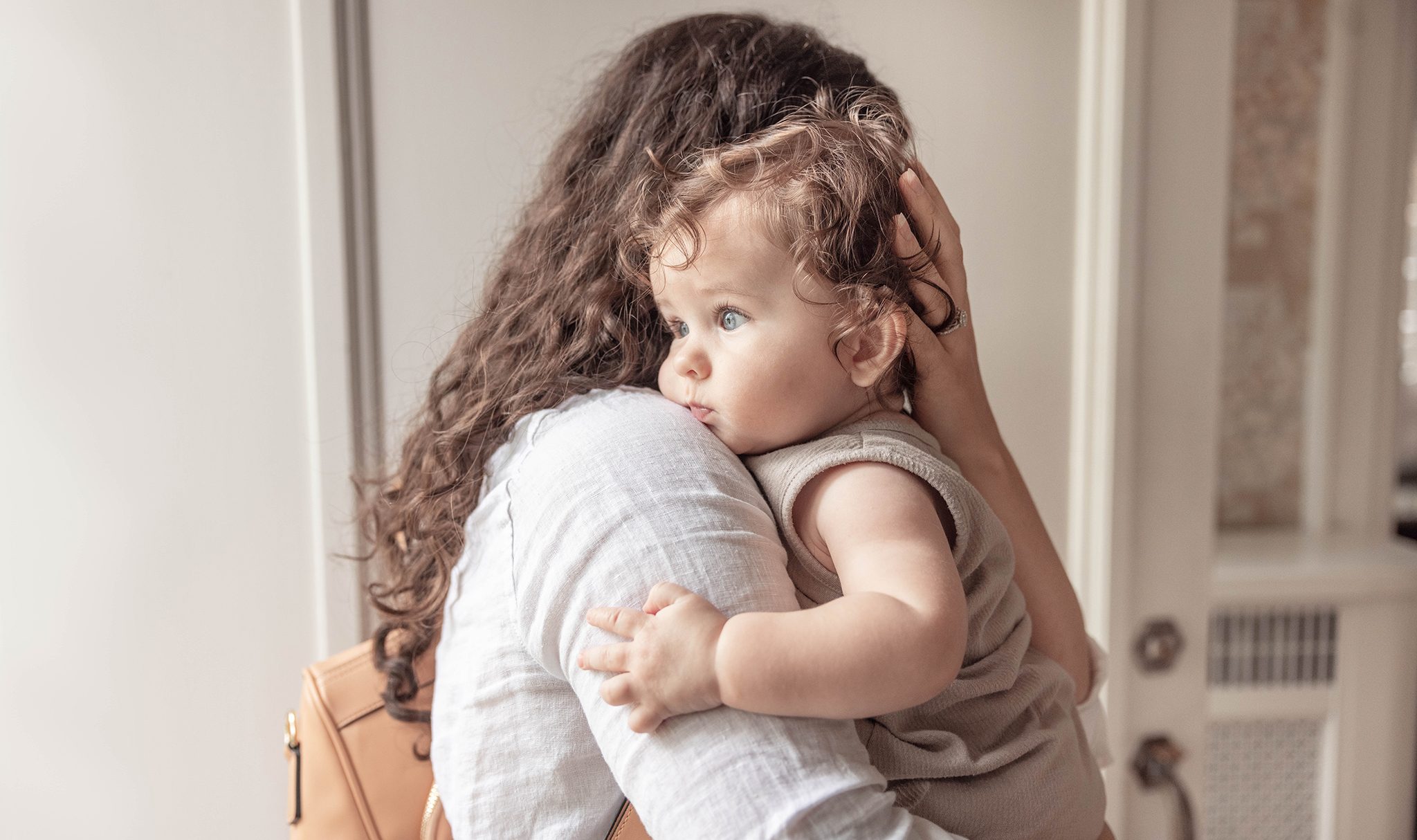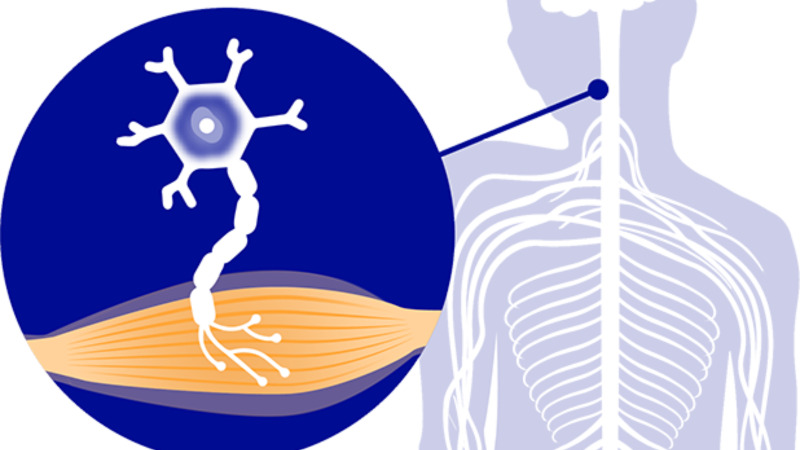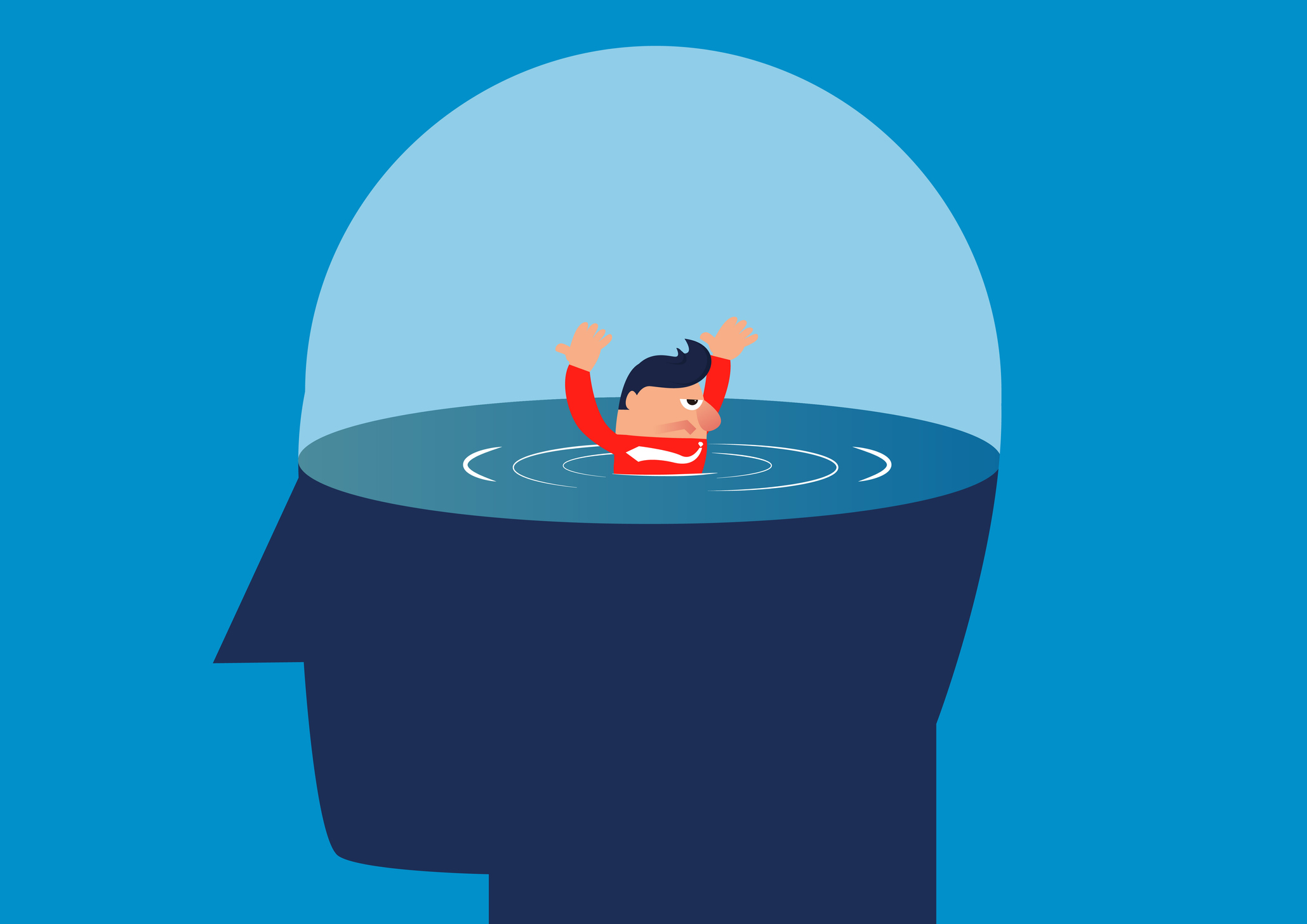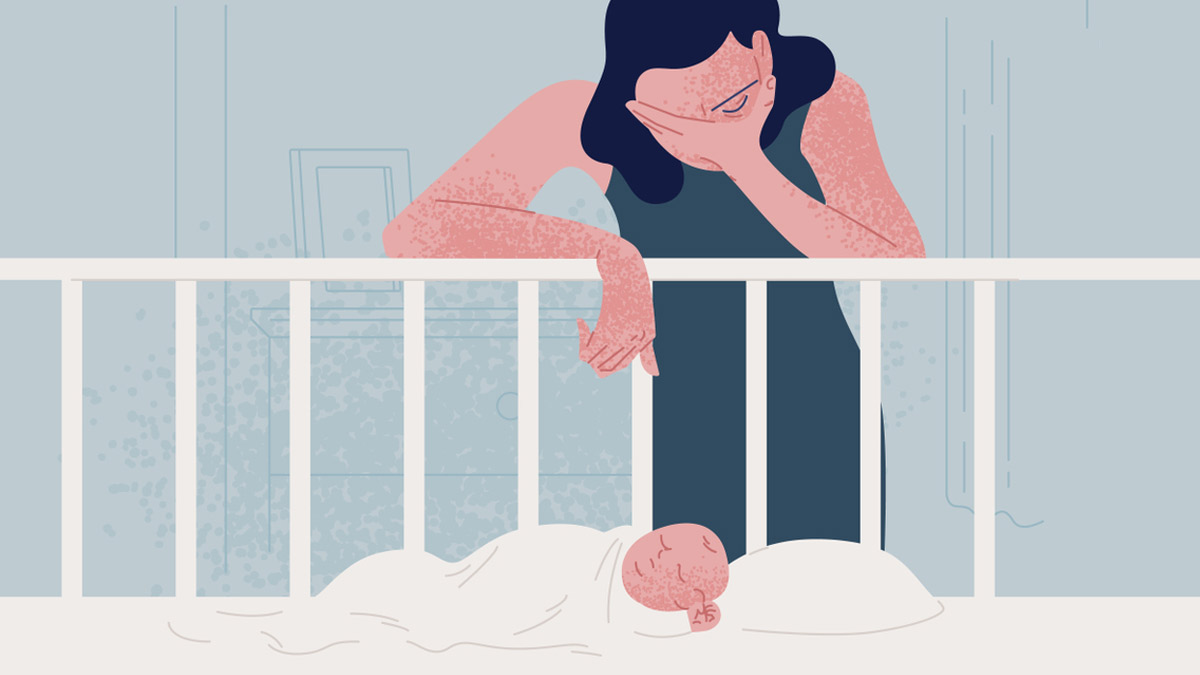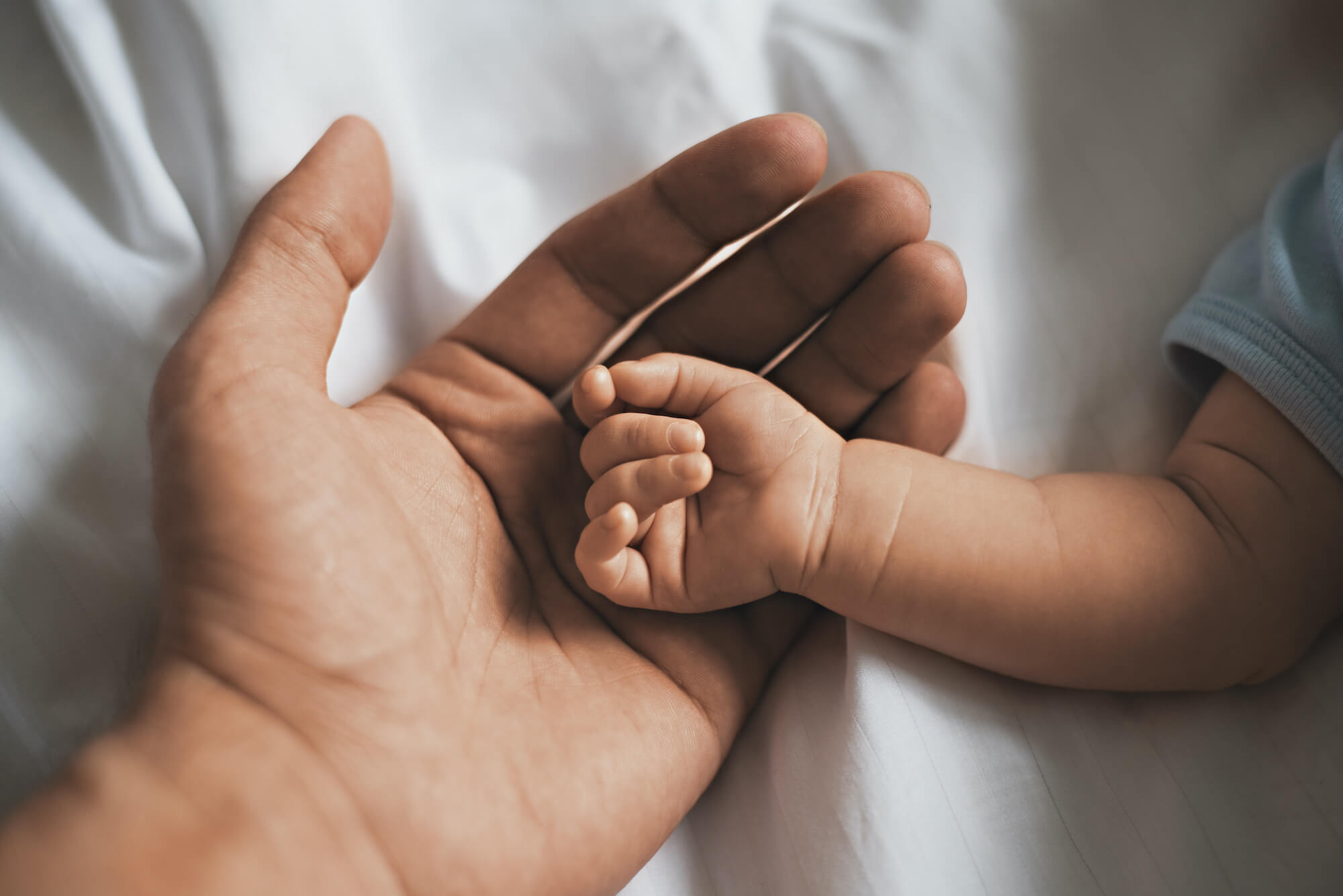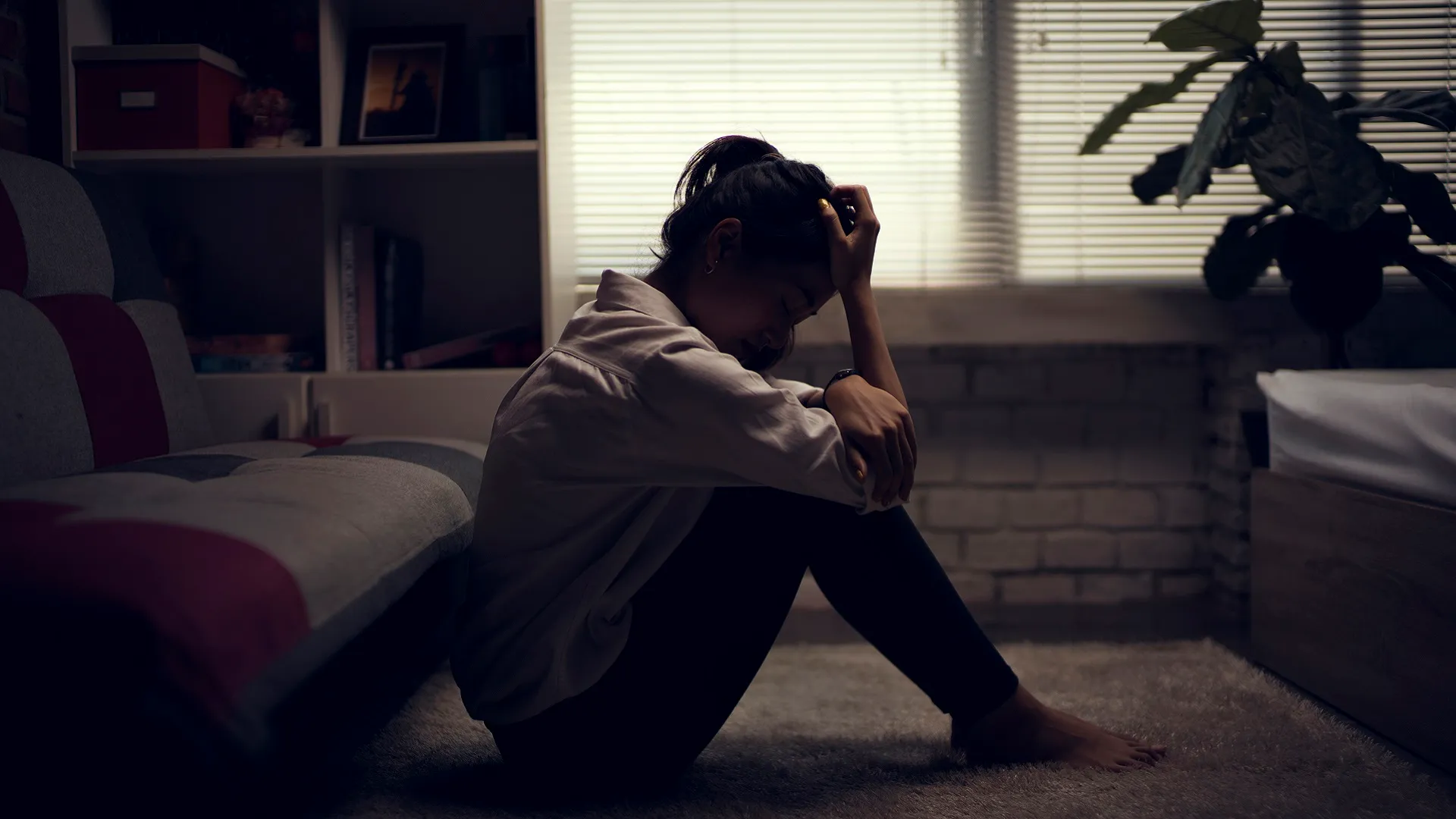Separation anxiety in babies at night is a common developmental phase that usually occurs around 6 to 9 months of age and can extend up to around 18 months. During this period, babies become more aware of their surroundings and start to understand that they are separate individuals from their caregivers. As a result, they may experience anxiety and distress when separated from their primary caregivers, particularly during nighttime.
Signs of separation anxiety in babies at night may include:
- Crying and fussiness when placed in the crib or left alone in the room.
- Clinging to parents or becoming upset when they try to leave the room.
- Difficulty falling asleep or waking frequently during the night.
- Refusing to be comforted by anyone other than the primary caregiver.
- Seeking extra reassurance and comfort during the night.
Here are some tips to help cope with separation anxiety in babies at night:
- Consistent bedtime routine: Establish a soothing and consistent bedtime routine to help your baby feel secure and know what to expect before going to bed.
- Gradual separation: Start by leaving your baby for short periods during the day while they are awake and gradually increase the duration. This can help them build confidence in your return.
- Comfort items: Provide a comfort object, such as a soft toy or a blanket, that can offer a sense of security when you’re not around.
- Limit stimulation at bedtime: Create a calm and quiet environment in the nursery to promote better sleep.
- Respond with love and patience: When your baby wakes up at night, respond to their needs with love and reassurance. Avoid scolding or expressing frustration, as it may worsen their anxiety.
- Avoid reinforcing fears: While it’s essential to comfort your baby, try not to create a habit of staying with them until they fall asleep, as this may reinforce their fears and make it harder for them to learn to self-soothe.
- Be consistent: Consistency is crucial in helping your baby adjust to the separation. Stick to the same bedtime routine and responses, so your baby knows what to expect.
Remember, separation anxiety is a normal part of a baby’s development, and it will likely improve as they grow older. However, if the anxiety becomes severe, persistent, or significantly disrupts your baby’s sleep or daily life, consider consulting a pediatrician or a child development specialist for additional support and guidance.


